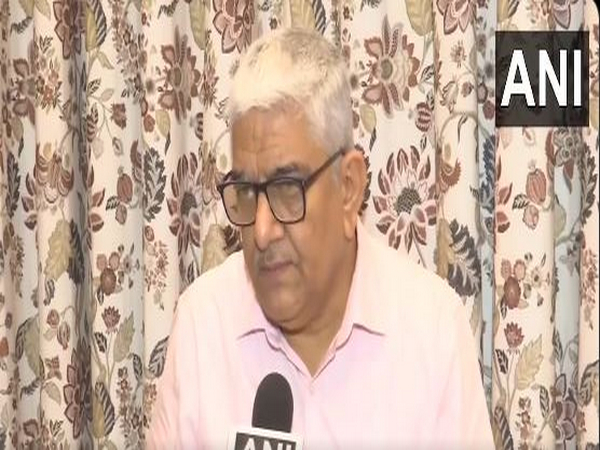Punjab Takes Bold Steps to Reduce Stubble Burning Incidents
Dr. Adarsh Pal Vig, Chairman of PPCB, reported a significant decline in stubble burning cases between Sept 15-25. Punjab Government aids industries to use stubble as fuel, and various initiatives to involve stakeholders are underway. High-Level Task Force evaluates steps to combat pollution in Delhi-NCR.

- Country:
- India
Punjab Pollution Control Board (PPCB) Chairman Dr. Adarsh Pal Vig revealed on Wednesday that from September 15 to today, 93 stubble burning incidents were reported in the state. This marks a notable reduction in comparison to the over 36,000 incidents last year and more than 70,000 the year before. Vig attributed this dramatic decrease, by roughly 46%-50%, to collective efforts across sectors.
Dr. Vig highlighted significant collaborations involving farmers, industries, and government departments. He noted that out of 6 million tonnes of stubble, 4 million are now burnt in industrial boilers. The Punjab government has allocated Rs 25 crore in incentives for those installing paddy-based boilers. Additionally, 18 stubble pelletisation plants have been established, and 19 more are in the pipeline to ensure stubble is used effectively.
Punjab Minister Balbir Singh reiterated the state's commitment to fighting stubble burning, urging farmers to seek support if needed. He warned about the health risks posed by stubble burning, including respiratory issues and the adverse effects on pregnant women and children. Singh emphasized it remains a collective responsibility with NGOs actively cooperating.
On September 23, Dr. PK Mishra, Principal Secretary to the Prime Minister, led a High-Level Task Force meeting to assess pollution control measures in Delhi-NCR, especially against worsening winter air quality. A crucial topic discussed was stubble burning. Rajesh Verma, Chairman of the CAQM, shared plans from Punjab and Haryana to manage upcoming paddy straw generation, emphasizing the critical role of effective implementation strategies.
(With inputs from agencies.)










